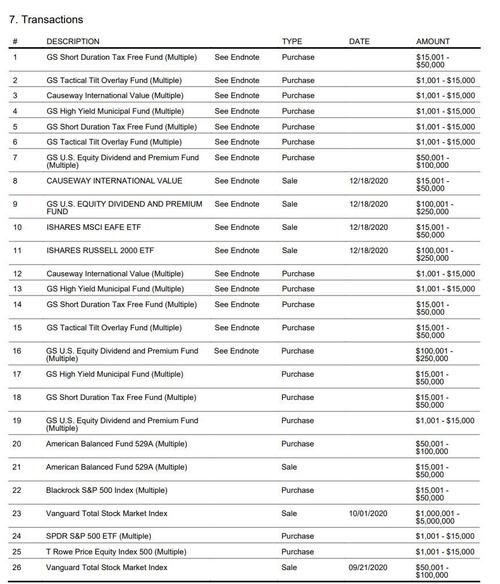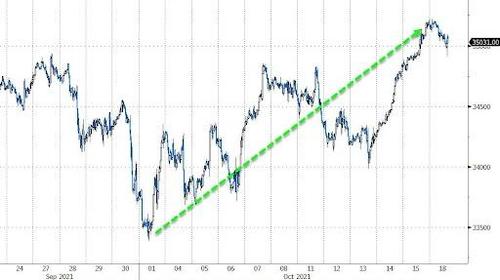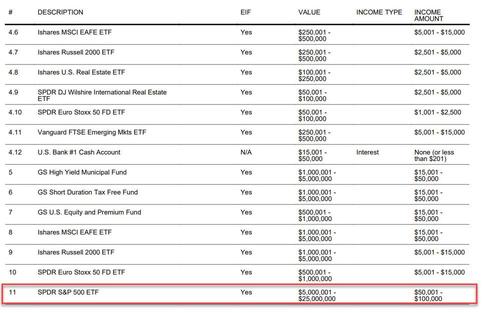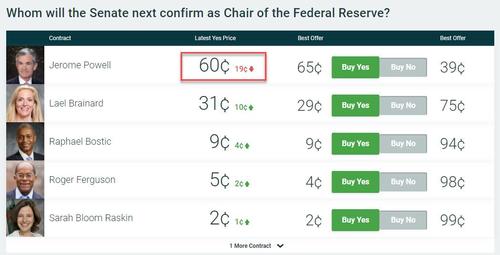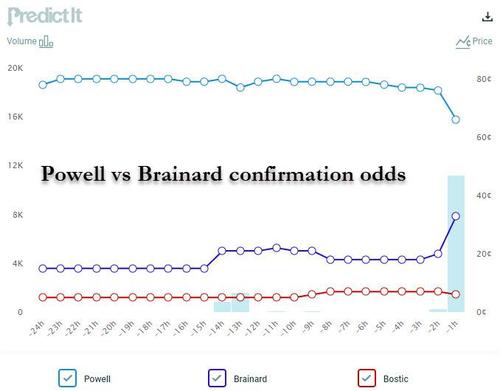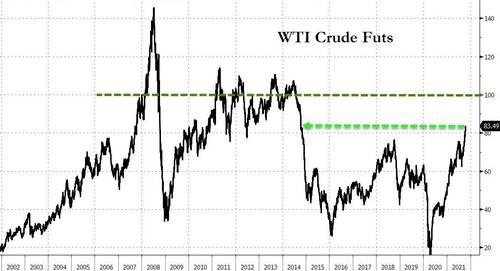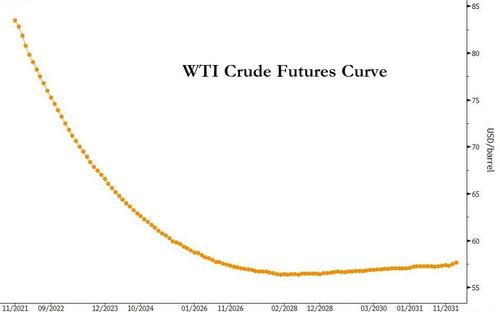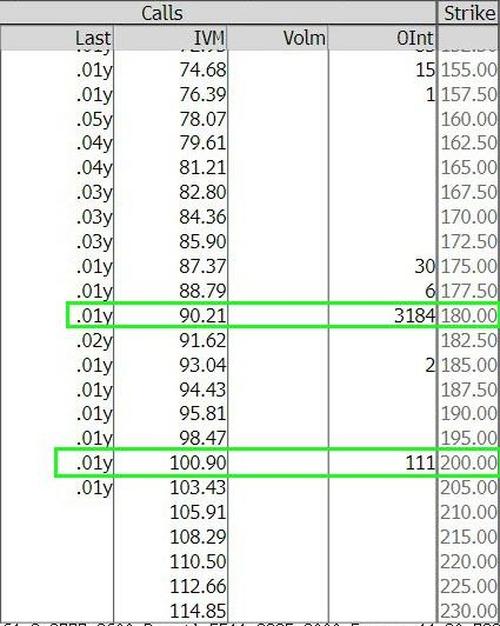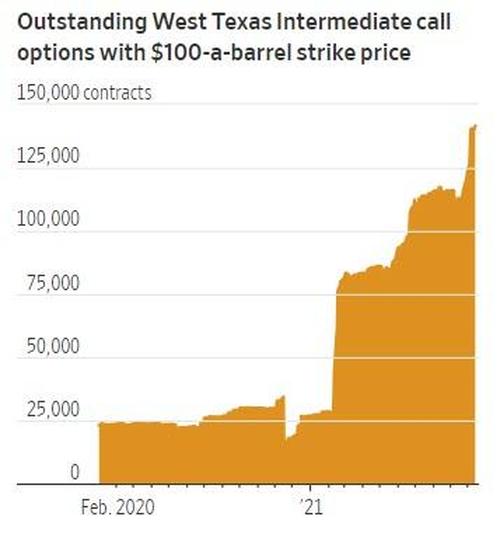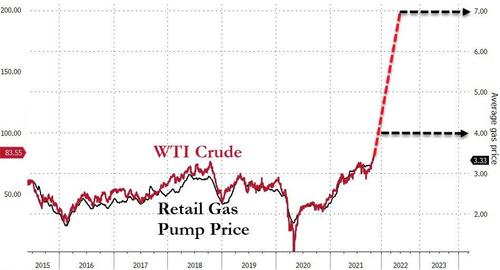University of Chicago professor Dorian Abbot was to deliver the Tenth Annual John Carlson Lecture at the Department of Earth, Atmospheric and Planetary Science at the Massachusetts Institute of Technology on October 21. As a result of a pressure campaign, he was disinvited from delivering that lecture because of his views on diversity and inclusion initiatives in American higher education. He will instead be delivering his remarks virtually (on planetary climate and the prospects of life on exoplanets) on October 21 at the James Madison Program at Princeton University. The Academic Freedom Alliance issued a public letter rebuking MIT for caving in to such pressure.
The provost at MIT has subsequently publicly released an email he sent to the faculty about the incident and minimizing the damage that had been done by the disinvitation. The Academic Freedom Alliance has now released a second public letter, this one directed to the provost at MIT and responding to the points raised in his email.
As I note in that letter:
You note in your letter that the Department of Earth, Atmospheric and Planetary Sciences “had to make a difficult decision” when an organized petition campaign was launched to pressure the Institute to disinvite Professor Abbot. It is true that universities are sometimes put in the difficult position of upholding their values of academic freedom and open inquiry when particular instances of speech become controversial and universities are being pressured to suppress speech. Identifying the correct principle and the university’s proper responsibilities in such circumstances is not difficult, however.
The university’s duty is clear – once a university has extended an invitation to a speaker to speak to members of the campus community, the university must not rescind that invitation because some object that the speaker or ideas that the speaker has expressed are unacceptable. The Institute seems to have lost sight of that very basic principle in this case, and in doing so has subverted its own institutional mission to foster the free exchange of ideas.
You can read the whole thing here.
I should add that the MIT president has now posted a public letter to the campus community about the incident here.
from Latest – Reason.com https://ift.tt/3n2fUus
via IFTTT

